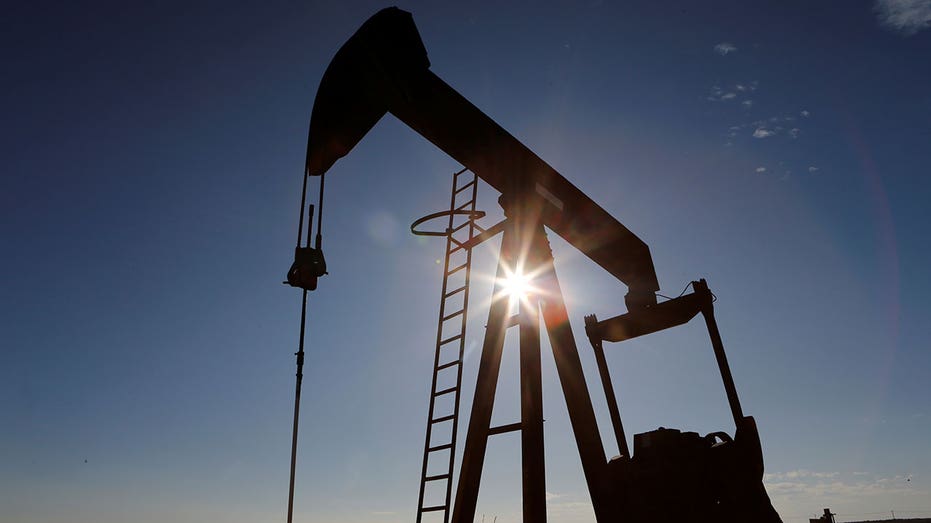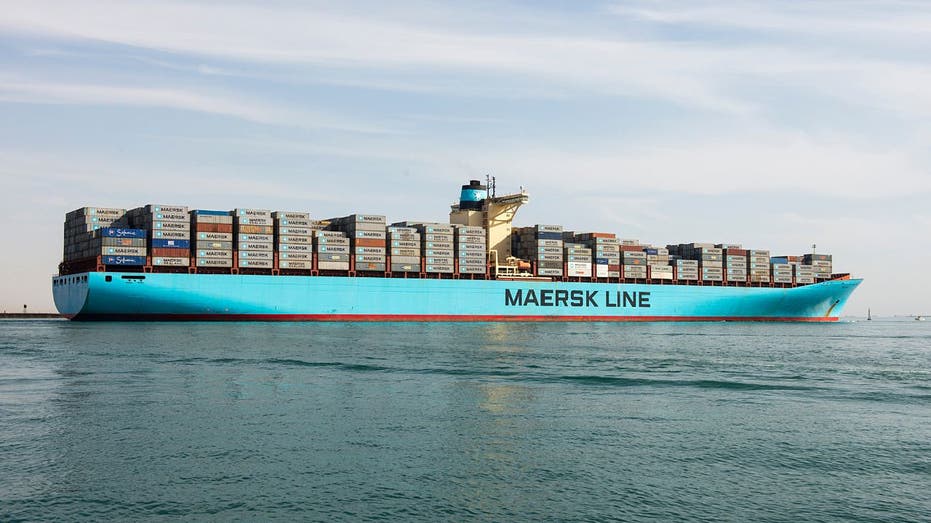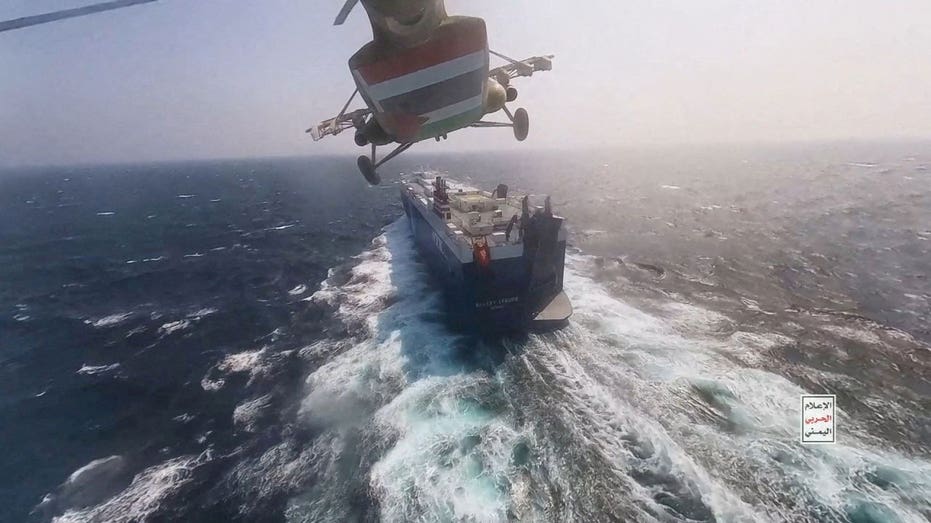Oil prices up after US strikes back at Houthis in Red Sea
Oil prices rose after US naval forces clashed with Houthi rebels in the Red Sea
Houthis are threatening to attack US interests if this happens: Ret. Lt. Col. Daniel Davis
Ret. Lt. Col. Daniel Davis breaks down the geopolitical threats on the Red Sea and Gaza strip on 'The Evening Edit.'
Oil prices rose nearly 2% at the start of the new year amid fears of supply disruptions with the ongoing conflict in the Middle East, as well as expectations for strong holiday demand and an economic stimulus in China, a top importer of crude.
Brent Crude rose $1.28, or 1.7%, to $78.32 a barrel by 0438 GMT, while U.S. West Texas Intermediate crude was at $72.69 a barrel, up $1.04, or 1.5%.
Economists and industry analysts forecast that Brent Crude will average $82.56 a barrel in 2024, a slight increase over the 2023 average of $82.17. Analysts expect weak global growth to limit demand for oil, although geopolitical tensions could provide support, according to a Reuters survey.
Oil supply is threatened as Iran-backed proxy forces in the Middle East continue to harass shipping vessels in the Red Sea, increasing risks that the Israel-Hamas war will spiral into a wider regional conflict and disrupt international trade.
MAERSK PAUSES RED SEA VOYAGES A DAY AFTER HOUTHIS ATTACK SHIP

The sun is seen behind a crude oil pump jack in the Permian Basin in Loving County, Texas, Nov. 22, 2019. (REUTERS/Angus Mordant/File Photo / Reuters Photos)
U.S. helicopters repelled an attack on Sunday by Iran-backed Houthi militants on a Maersk container vessel in the Red Sea, sinking three Houthi ships and killing 10 militants.
"The oil price may be affected by the escalation ... in the Red Sea over the weekend and the peak demand season during China's Spring Festival," said Leon Li, a Shanghai-based CMC Markets analyst told Reuters.
Li added that forecasts for increased demand during China's Lunar New Year holiday in February were also raising expectations for price increases this month.
SHIPPING GIANT TO RESUME RED SEA VOYAGES WITH OPERATION PROSPERITY GUARDIAN IN PLACE

A Maersk container ship heading towards the Red Sea after passing through the Suez Canal in Suez, Egypt. (Kristian Helgesen/Bloomberg via Getty Images / Getty Images)
China may also introduce new stimulus measures that could potentially boost oil demand after manufacturing activity shrank for a third month in December, according to government data.
Meanwhile, wider conflict in the Middle East could close key shipping lanes for oil transport in the Red Sea and the Strait of Hormuz in the Gulf. After Sunday's attack, an Iranian warship sailed into the Red Sea, Iranian state media reported Monday, per Reuters.
IKEA WARNS OF PRODUCT DELAYS DUE TO HOUTHI REBEL ATTACKS ON SHIPS IN RED SEA

A Houthi military helicopter flies over the Galaxy Leader cargo ship in the Red Sea in this photo released Nov. 20, 2023. (Houthi Military Media/Handout via REUTERS//File Photo / Reuters Photos)
Tracking data shows that at least four tankers transporting diesel and jet fuel from the Middle East and India to Europe are making costly detours around Africa to avoid the Red Sea, Reuters reported.
Maersk said Sunday it will once again pause all transits through the Red Sea and Gulf of Aden.
GET FOX BUSINESS ON THE GO BY CLICKING HERE
The announcement came just one week after Maersk officials said it would resume routes through the area which were stopped because of similar attacks.
The Denmark-based shipping giant said routes through the Bab el-Mandeb Strait were paused in early December because of attacks against its ships, and the Suez Canal, which is heavily traversed by ships from around the world, became unstable for most routes.
Fox Business' Greg Wehner, Fox News' Jennifer Griffin and Reuters contributed to this report.





















